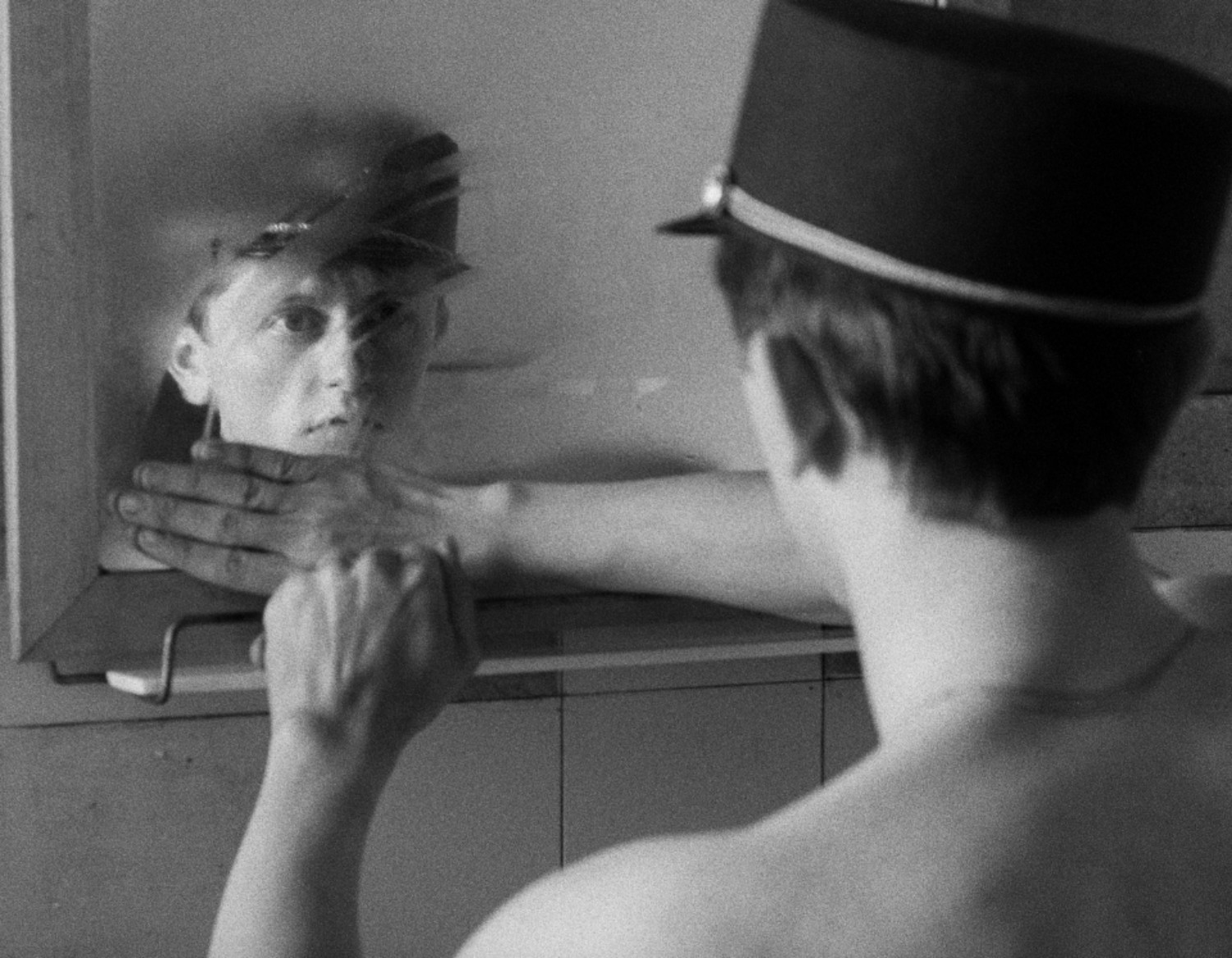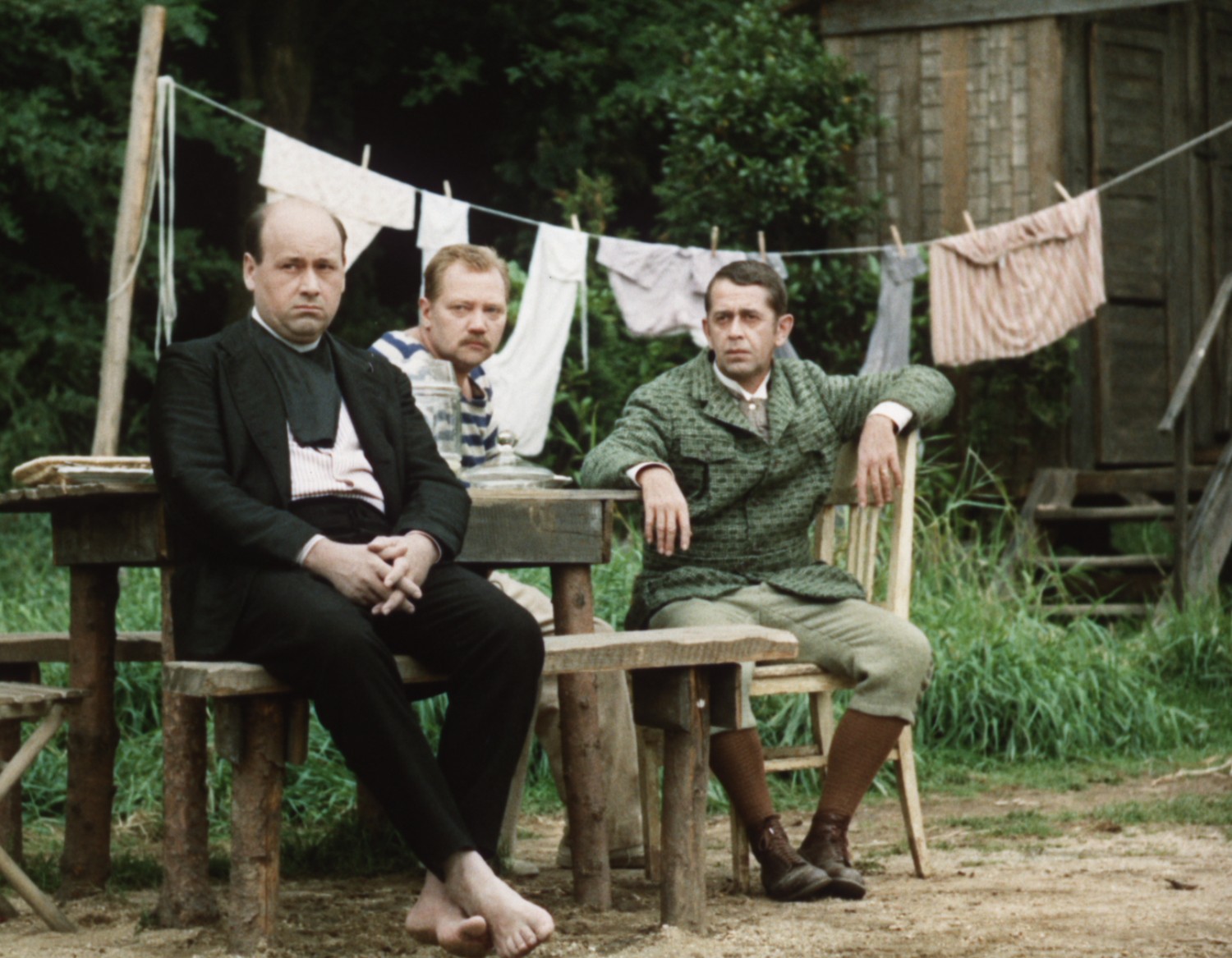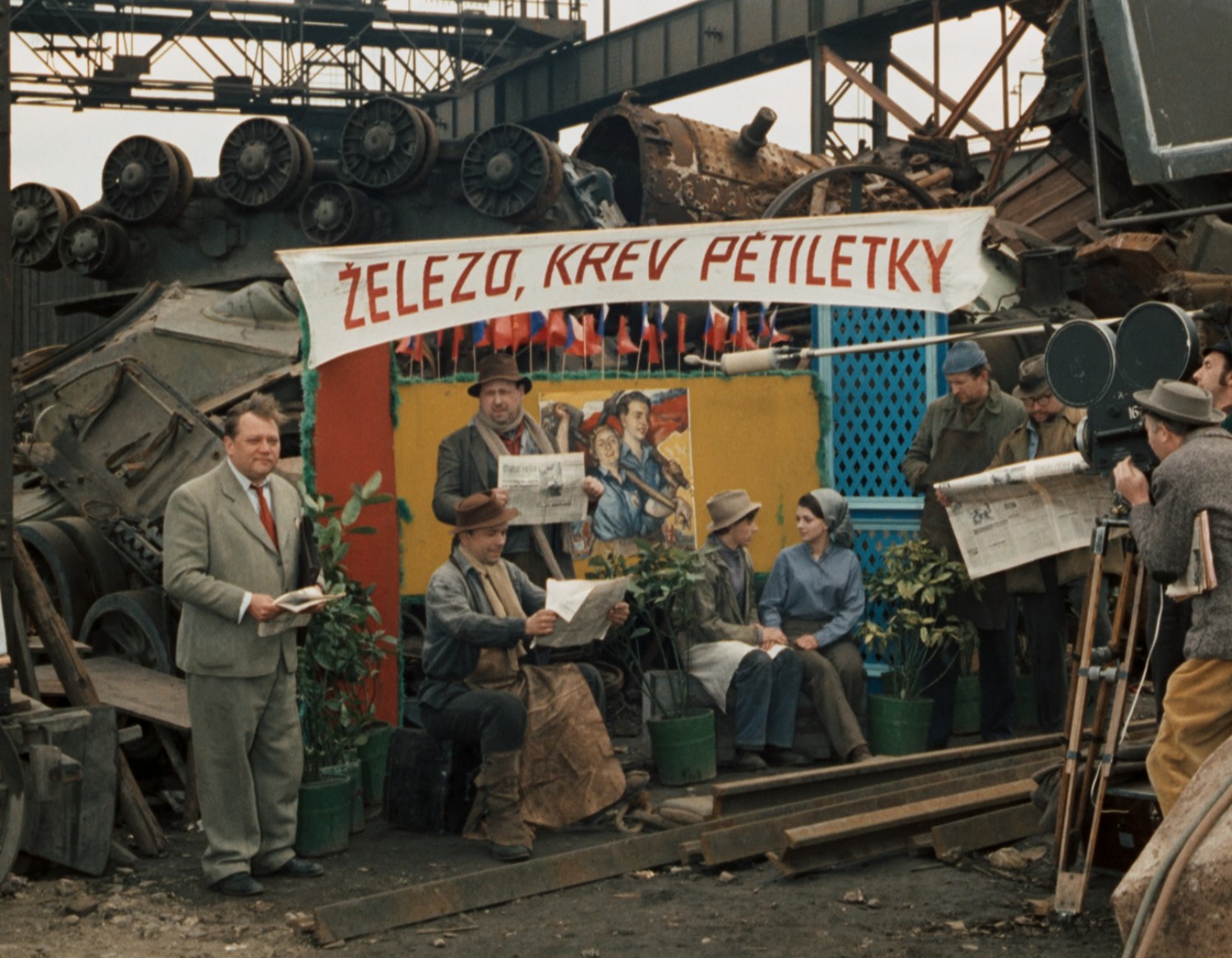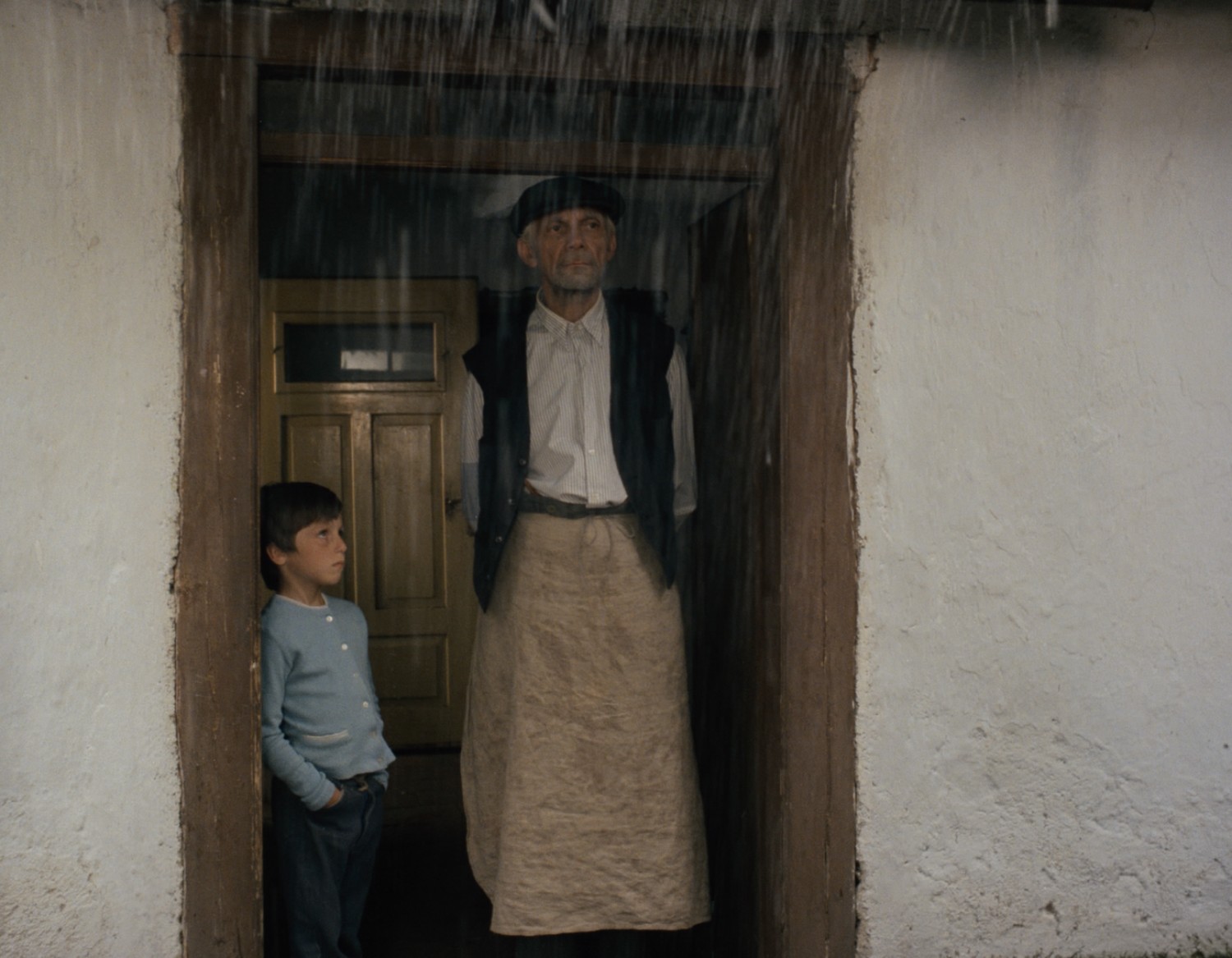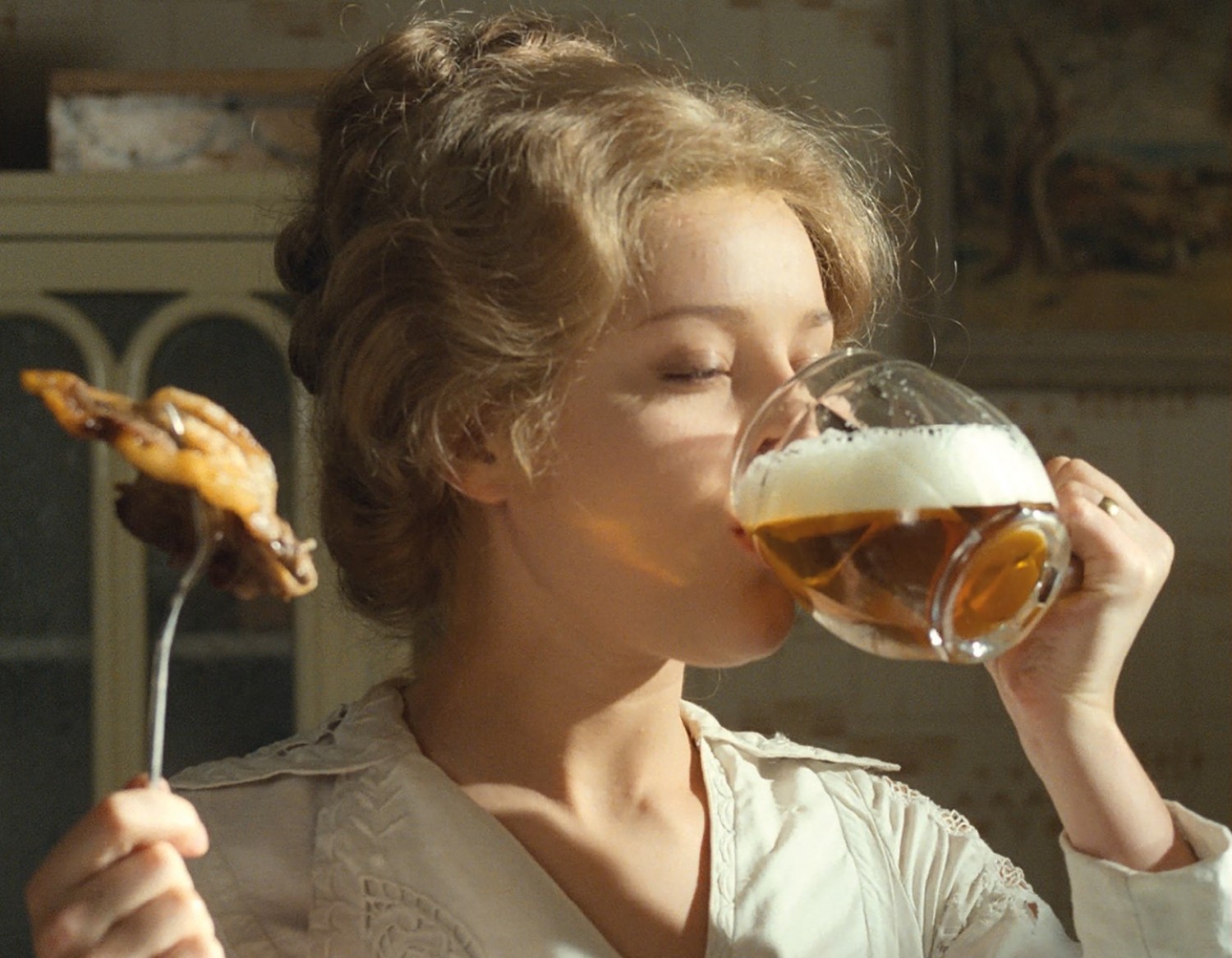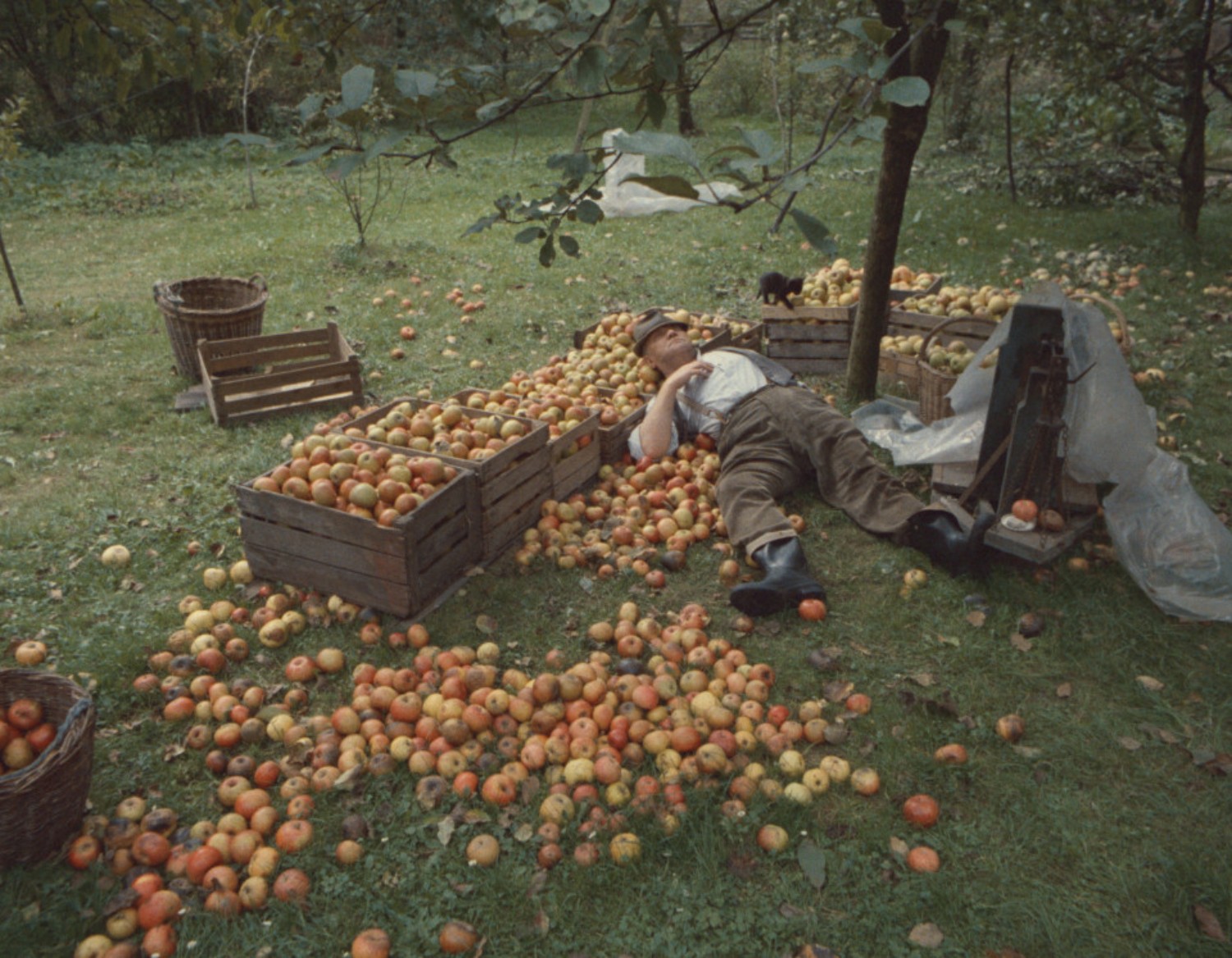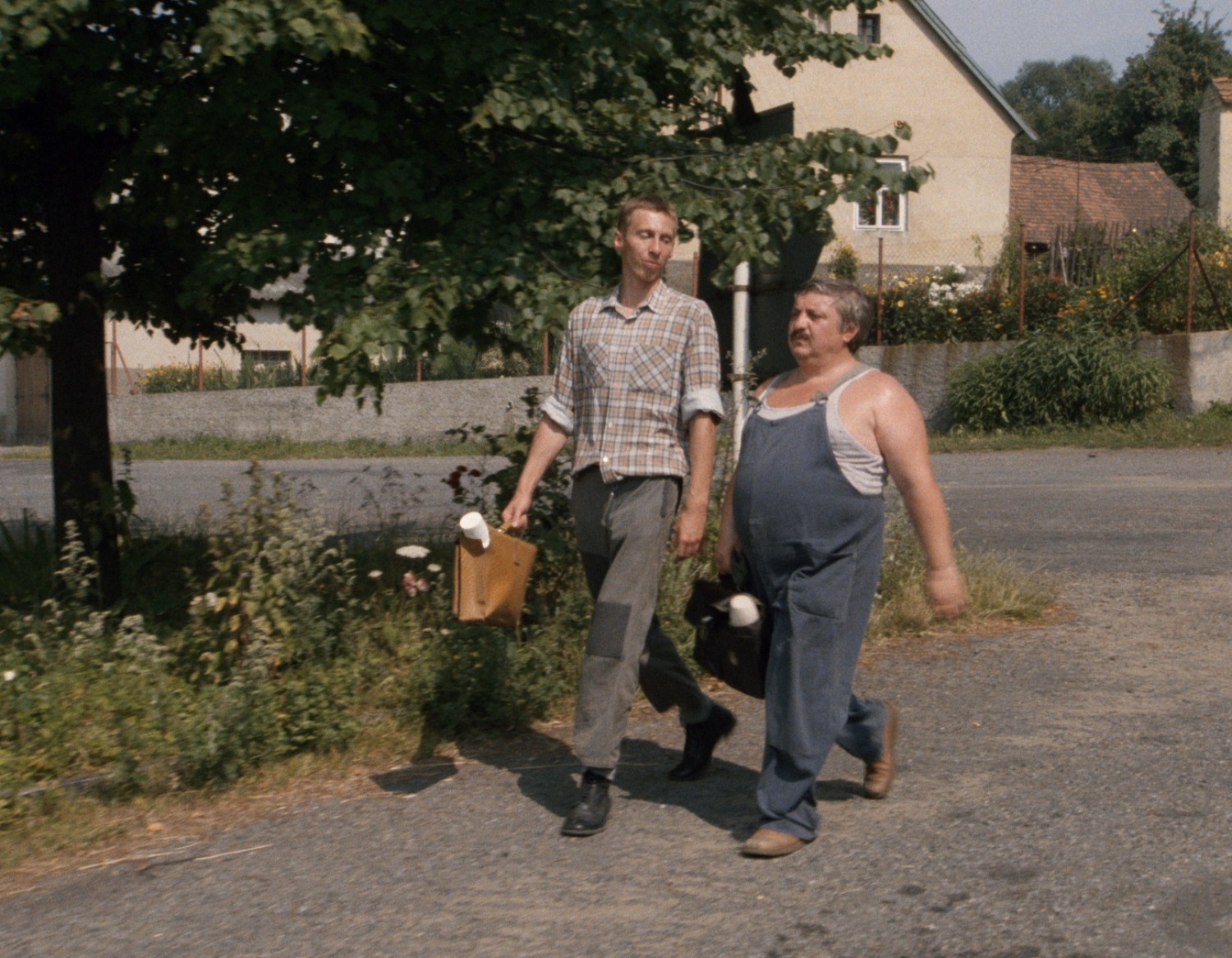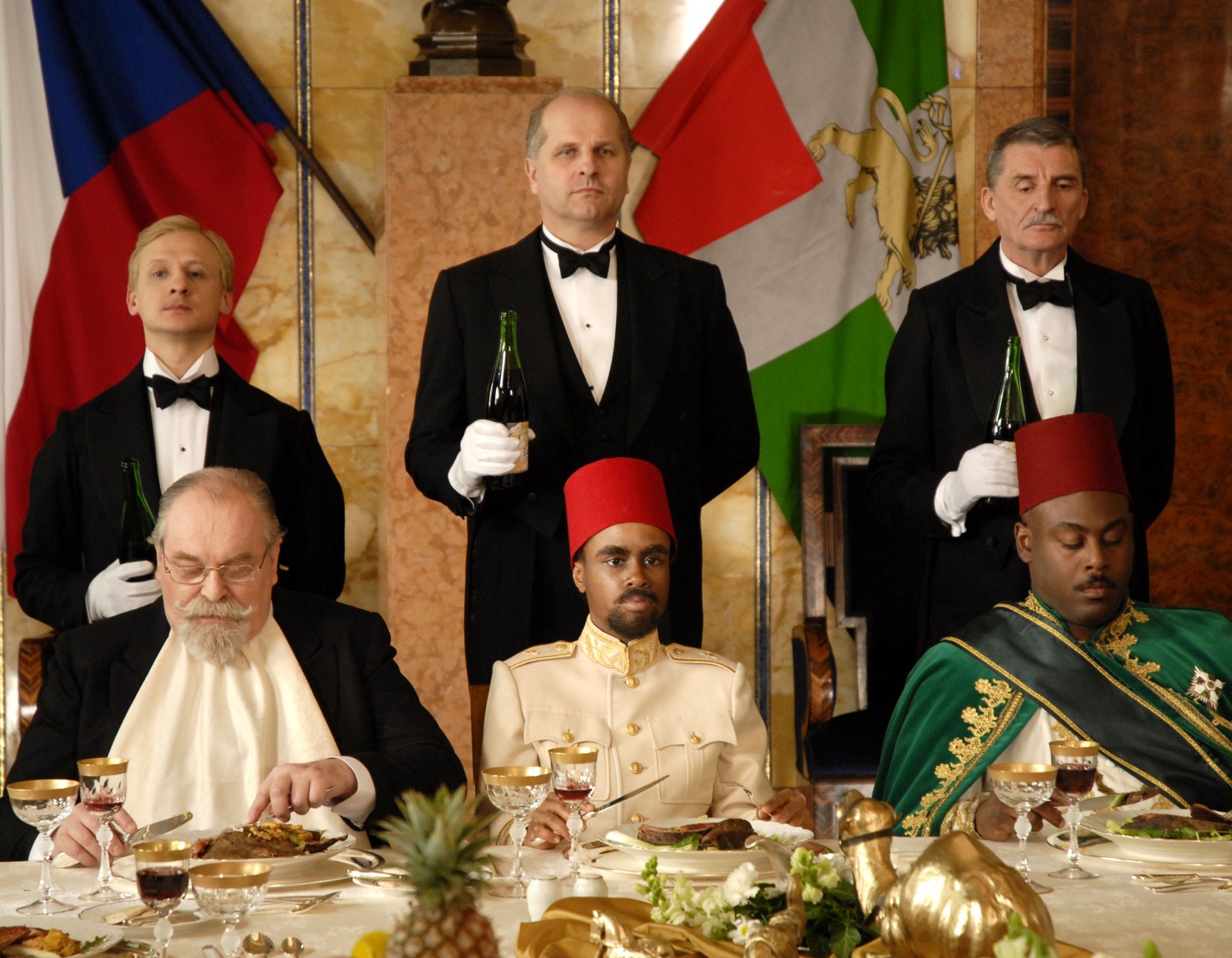Programme
Too Absurd a Reality: A Jiří Menzel Retrospective
One of the defining voices of the Czech New Wave, Jiří Menzel’s life (1938-2020) itself embodied the tumultuous and troubled history of his homeland for over half a century.
Born only months before the country was occupied by Nazi Germany, Menzel grew up during World War II and spent much of his life behind the Iron Curtain. Despite working under monitoring and censorship, he looked at the constraints in a different way: ‘Freedom has this unlucky side effect that by making everything possible, you lack purpose and a direction. Creation always needs limits.’ Channeling his fearlessness into artistic force, Menzel co-directed Pearls of the Deep with Věra Chytilová, Jan Němec, Jaromil Jireš and Evald Schorm in 1965, recognised as a manifesto of the Czech New Wave. The movement was made headway with Closely Watched Trains, his feature debut that quietly subverted comedy with its form and structure, leading the burst of creativity in Czech filmmaking before it was crushed by the end of the decade.
His enduring friendship and longlasting collaboration with writer Bohumil Hrabal produced one of the most fruitful cross-pollinations between cinema and literature. Menzel’s Czech New Wave realism intertwined with Hrabal’s cynic satire to render a unique blend of cinema – comedic, whimsical, and sharing a humane and inquisitive worldview. Translating five of Hrabal’s novels into feature films with his skilful use of sound and poetic image, Menzel created portraits of memorable characters – the sexually naive train dispatcher, the unruly bourgeois dissidents and the quirky, aspiring waiter – that delve deeply into human relationships, morality, and the absurdity of life under totalitarian regimes.
Despite being prevented from working for years, Menzel insisted to stay and re-emerged to direct films focusing on the simple rural milieu. From the country folk’s off-beat fantasy and optimism, he derived his brand of comedy with a charmingly light touch and subtle irony to counter the morose state ideology, leading Czech films back to the limelight of international cinema.
‘Menzel were celebrating not only Czech identity after the murderous 20th century but his own cunning and perseverance as an artist,’ New Yorker critic David Denby’s succinct remark encapsulates the beacon of a daring spirit, who kept artistic freedom alive.
Supporter:

Special Thanks:


